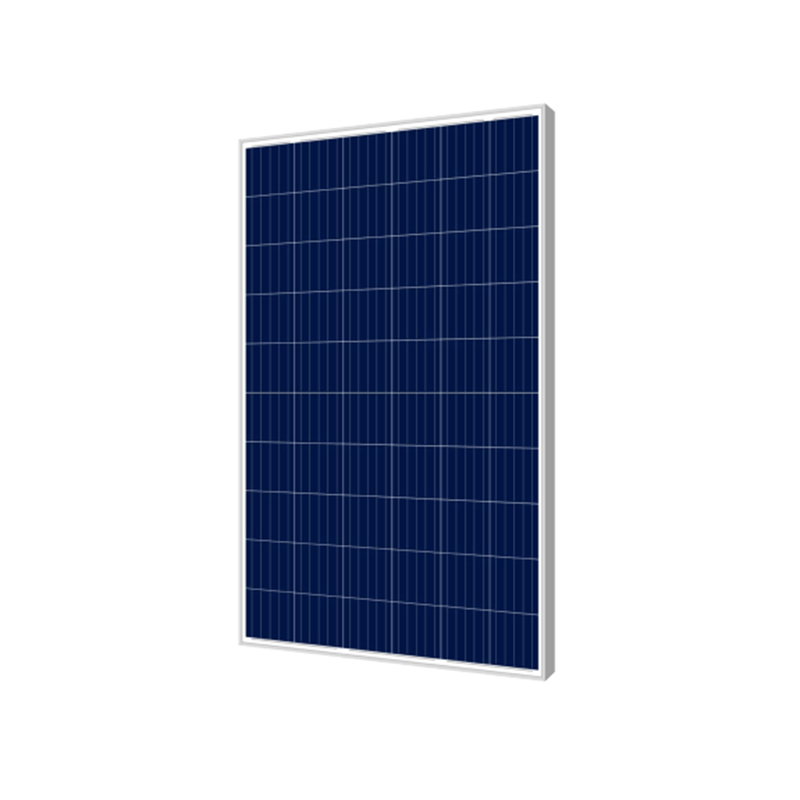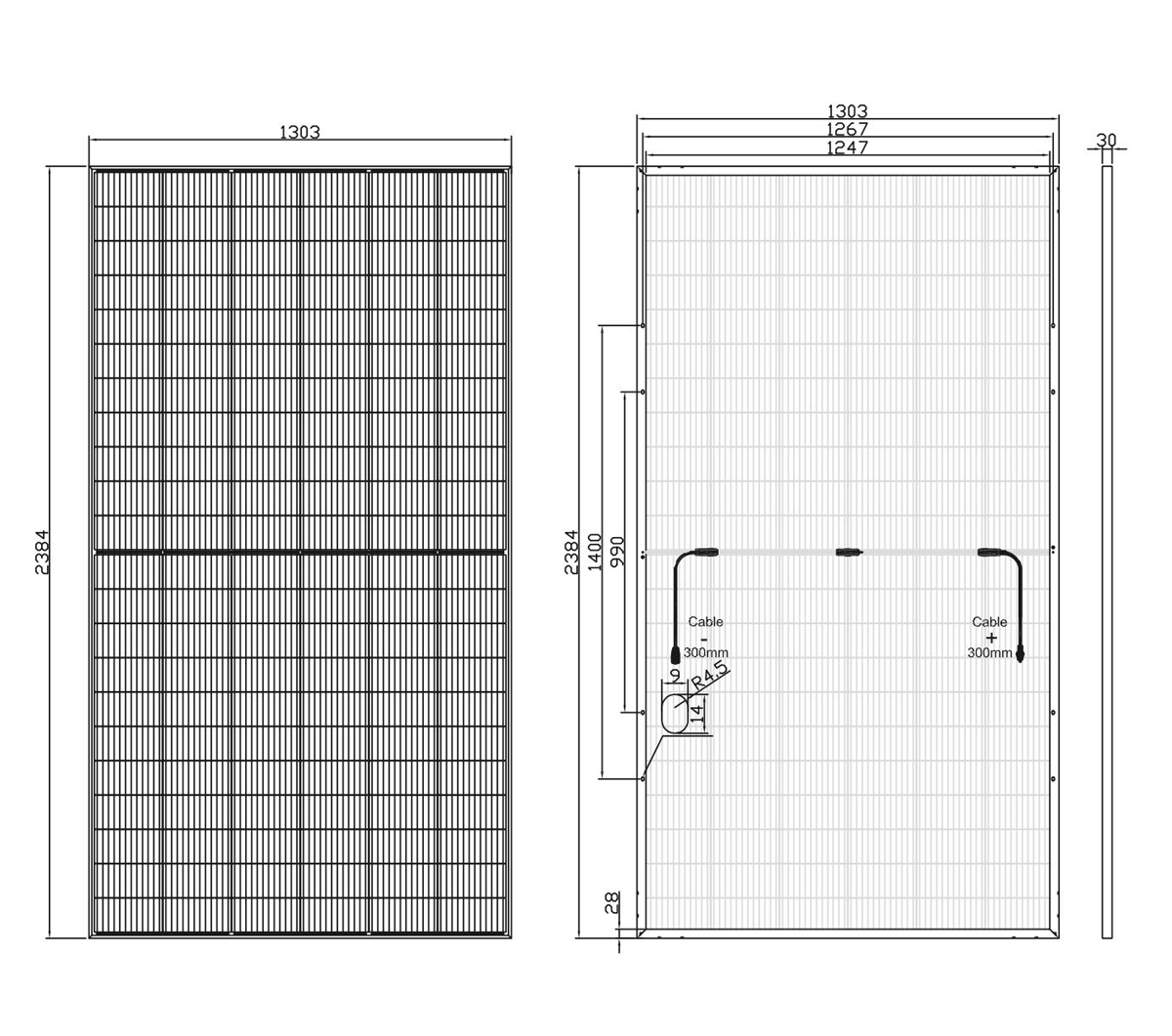Brush up on the basics of everything solar: Tax credits, batteries, solar panel lifespans and the installation timeline.
The solar industry was shaken up over the last year, and it might have you confused. 445 Watt Solar Panel

The Inflation Reduction Act, providing a 30% tax credit for the cost of solar panel system installations, along with falling solar panel prices and rising electricity costs, make the case for putting solar panels on your roof. Changes to net metering in California and elsewhere, mean that the case for some people isn't as strong as it once was (though the argument for batteries might be stronger).
If you're trying to make sense of it all, start with our tips for calculating your savings, finding an installer, deciding if a battery is right for you and what home improvements you might want to tackle before jumping to solar. Read on for all that and more.
Can solar panels save you money?
Interested in understanding the impact solar can have on your home? Enter some basic information below, and we’ll instantly provide a free estimate of your energy savings.
Solar panels are made of photovoltaic cells, which convert sunlight into electricity. The sun emits solar radiation, which is absorbed by the photovoltaic cells. Electrons within the solar cell are energized, escape their bonds and form an electric current. That current, which starts as direct current, is switched to alternating by the solar system's inverter. From there it's used up in the electronics in your home or sent back to the grid.
"It's not a magical technology, but it seems like it because you just stick something in sunlight and it makes electricity for you," said Joshua Pearce, a professor at Western University in Ontario and co-author of To Catch the Sun, a free e-book on DIY solar systems. "Even being a scientist who works on this stuff all the time, it's amazing that these things actually work."
Why would you want home solar panels?
Many businesses specialize in selling and installing solar panels for homes. Search online to locate solar panel suppliers and installers in your area. You can start with CNET's best list of solar panel companies.
You can even shop for solar panels at major home goods stores like Home Depot . Stores like this can even set you up with professional installation to help you get a residential solar panel setup.
Major installers often offer solar financing options, too, though you might be best served by shopping around for a loan, especially with high interest rates. Many solar installers also offer solar panel leases or power purchase agreements, which you can enter with no money down (though savings over the lifetime of your panels are typically lower).
You can also apply for the federal solar tax credit, that will give you 30% of the cost of your solar back to you on your taxes, assuming you have that much tax liability.
Most residential solar arrays are installed by a professional. Installing solar panels yourself is technically possible, but you run the risk of voiding warranties. You should only attempt it if you have the necessary expertise. If you opt for a professional installation, be sure to shop around for the best deal. Compare the warranties installers offer along with price, customer service and how well their proposed plans meet your needs.
A reputable solar installer will advise you on the age of your roof before installation. Replacing your roof before installation may ultimately be the cheaper option, since removing the panels to replace the roof will be an additional expense.
Many solar panels are warrantied to last 25 years, though their useful life is likely longer. On top of that, they're fairly maintenance free, just requiring that you keep them free of obstructions like dirt, leaves and snow. More extensive repairs may be covered by warranty.
Solar panels get less efficient over time, though that downward trend isn't necessarily a problem for you. A typical manufacturer's warranty will guarantee that your solar panels won't lose more than 2% efficiency in the first year and not more than 0.5% per year in the next 24 years. That means your panels are guaranteed to produce at 84% their original capacity after year 25. Some panels will set a higher benchmark -- like 92% -- after 25 years, but you'll still be getting plenty of electricity out of them two decades on.
Installing a solar battery in your home will allow you to store excess energy produced by your panels. However, they are currently almost as expensive as a solar panel system (from $12,000 to $22,000), so while a battery is nice to have, it's not a necessity.
There are instances where a solar battery is worth the investment. Those who live off the grid will need a battery to use solar power. And if your area is prone to frequent blackouts or you have medical needs that require refrigerated medicine or machinery, a battery may be worth the cost.
If net metering has been eliminated or weakened where you live, a battery might make solar a better proposition. Since you won't be compensated as much for the energy you send to the grid, storing more of it to use later can save you more money, despite increasing the initial cost of the system.
There are a variety of options for paying for the installation of residential solar panels, aided in part by the 30% federal tax credit. Homeowners can pay out of pocket for the entire project, then receive money back from the government. There are also plenty of solar loan options that also allow you to claim the tax credit. Interest rates have shifted higher over the last year or so, which means you should shop around for the terms that best fit your needs. Other financing options include bank loans or a home equity loan, but given their higher interest rates, consider these financial tools carefully.
For those without the financial means to buy or finance a system, there are solar leases and power purchase agreements. A solar lease is similar to that of a vehicle -- you pay a set amount each month for a system that will be owned by the installer. Under a power purchase agreement, you pay a set rate for the energy generated by the solar panels (the rate may increase after a certain amount of time), rather than the system itself. The drawback of these mechanisms is that you won't own the solar panels yourself, and hence won't get any of the tax credits or have the ability to sell renewable energy certificates.
The federal residential solar energy credit, which grants a 30% credit to homeowners who install panels on their home through 2032. (If your entire project costs $30,000, you'll be granted a credit of $9,000). The credit applies to homeowners who purchase a system with cash or through financing.
According to the Office of Energy Efficiency & Renewable Energy, you should seek professional tax advice to determine your eligibility, then fill out IRS Form 5695 following the IRS's instructions.
Before you start the process of going solar, you should try to improve your home's energy usage in other ways.
"Solar is an exciting type of infrastructure, but if the ultimate goal is to save money on your electricity bills, I encourage homeowners to think about efficiency upgrades first," said Gilbert Michaud, assistant professor at Loyola University Chicago's School of Environmental Sustainability. "Those could include insulation, upgrading and replacing windows or other things that are maybe less fun, but can help you realize savings immediately and lower costs. Once you've done those efficiency retrofits or upgrades, maybe solar is a good idea."
These upgrades will give you a clearer idea of how many solar panels you'd need to power your home, too. That means you'll likely need less panels -- reducing the cost of the installation -- than if you didn't do efficiency upgrades first. Here's some suggestions.
Many experts say that homeowners will see a return on investment on a solar panel installation in a period between seven to 12 years. That's when the money saved from paying your energy bills will exceed the initial money spent on a solar project. Those who go solar through a lease or power purchasing agreement should see savings practically immediately.
If you have the funds, it's better to buy solar panels rather than lease, and that's mostly due to tax credits. The federal government will provide a 30% tax credit for the total cost of the project. This will take a huge chunk off the bill. The sooner solar panels are paid off, the sooner they provide "free" energy. With a lease, you'll get the benefits of reducing your energy bills but not the credits that accompany solar power, and you will typically save less money over time.
It depends on where you live. Within many municipalities (or if you have a homeowners' association), you'll likely need to get a permit before work can start. Most installers take care of this process for you.
Many of today's solar panels have warranties guaranteeing their use for 15 to 25 years. Panels are likely to still work after this period of time, although at slightly less efficiency.
Solar panels need very minimal maintenance. The only care required would be to clear them of any dirt, leaves or snow, but this is not something you'd have to do regularly.
That will be up to the property's owner, but even if they're opposed to installing panels there are ways for renters to access solar. There are smaller solar devices you can use at home. You can also check if there are any community solar options in your area, which will allow you to buy electricity from a nearby solar farm to reduce your energy bills.
Best Solar Products and Companies
Living Off the Grid Series
Updated Jan. 25, 2024 5:00 a.m. PT
We thoroughly evaluate each company and product we review and ensure our stories meet our high editorial standards. Read how we test products and services.

Plants In The Solar System Instantly estimate your solar cost and savings. Pick a provider later.